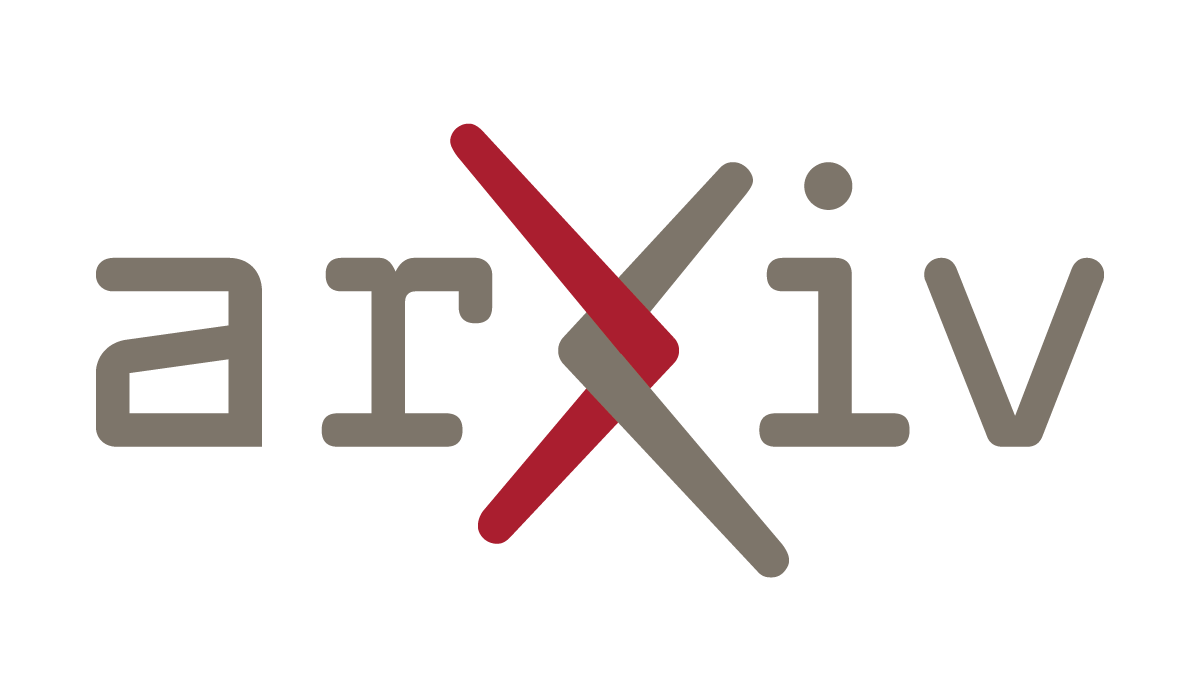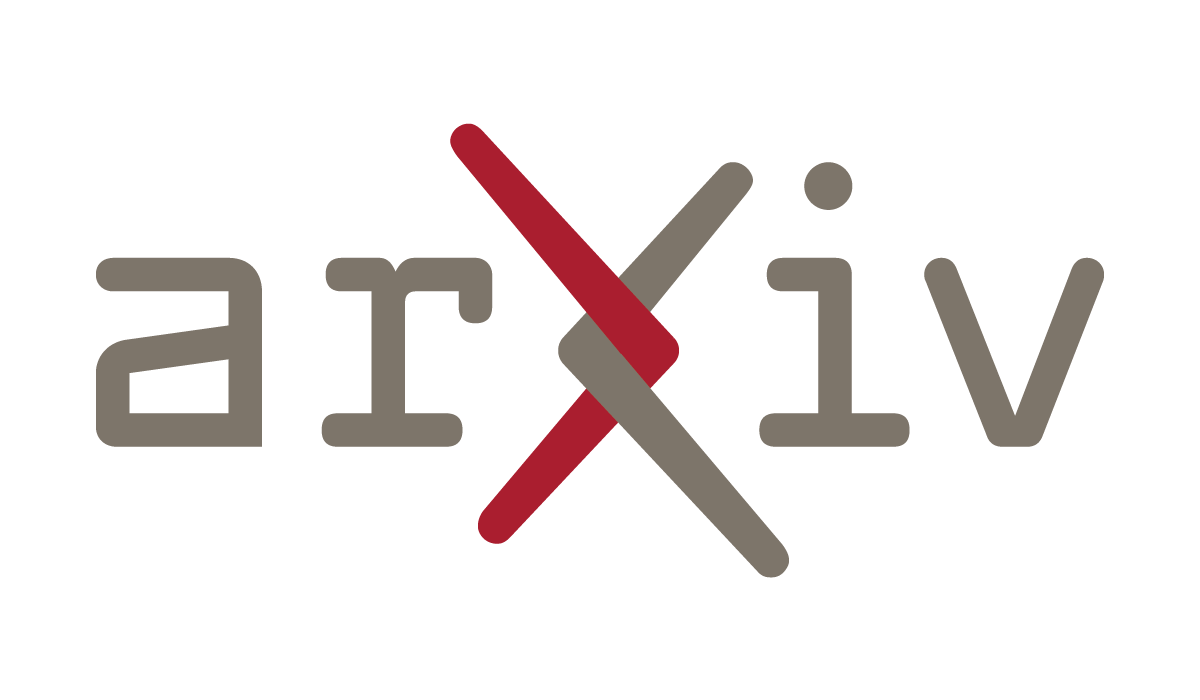2024-03-26 04:42:43
I've been reading "On Green” (https://joecarlsmith.com/2024/03/21/on-green) and its following article, “On Attunement” with some interest today. I am uninterested in the ways he is focused on “AGI”, but that might actually be part of what he's saying and missing.
They talk about the philosophy of green in the "magic the gathering" sense, which has five core modes of things, and being a game, designed to balance. It's an attractive system and not without merit as a philosophical labeling system. In short: white, moral; blue, knowledge and rationality; red, passion and desire; black, power and achievement. And green. Green is the subject they can't identify clearly.
I don't think they really understand green. (They come from a very rationalist place, and that's not a good mode to understand Green)
Green is the domain of systems thinking and of ecology. It's one of flexible boundaries and hierarchies that vanish when you look at them for long. They talk about philosophical agents and try to fit a green philosophical stance into that framework, but it misses: the very idea of a self is nebulous in a green philosophy. Yes, it obviously exists, we are all separate from each other. But also we are inseparable from each other. Green is a philosophy of relationality and multiple perspectives and ever shifting viewpoints. It's not just yin, passive, permissive, but holistic. It's not that it lets the Other in, it's that it actively is in relation with the Other. The other is the self, the self is the other.
The essays also label green as conservative, and this is not quite true. It is not about being slow or regressive or traditional, but about being whole. They can't quite see that green's willingness to accept death and pain as things that happen and also its strong preservationist stance are not opposed to each other. It seems incoherent, but it's not: death and pain are things that happen to living parts of an ecosystem. They matter, but so too does the whole matter. Where so many blue rationalists see statistical and demographic counts of deaths and "sentient beings harmed”, green sees a whole ecosystem where some of that is deeply natural. It's unnatural, ecosystem-harming deaths that are disasters in the green philosophy. Wholesale extinctions. Protracted, painful deaths, as much for the wound they cause outside the individual as the individual suffering as well. But we all come to an end, and to change that wholesale would end so many kinds of relationship, so many things.
Green revels in the illegible, the incomplete, and the connected. It's easy to be green-blind, to ignore the subtle systemic effects. So many of us want simple cause and effect, rather than action and plurality of reactions.
Green's ability to embrace the illegible lets it deal with Red chaos; its resilience tempers red passion. It can ally with White philosophies into a pastoral, conservative, moralistic framework. It ends up at odds with the rationalist Blue and the power-hungry Black, because they drive disequilibrium, but more than just transition to new stable ecologies, they drive systems permanently out of stability, destroying relationships in their path. When confronted with this, they will deny it because the objects are still there. Preserved. Catalogued. Legible and accounted for. Perhaps used instrumentally. Perhaps wrecked for some "greater purpose” but only acknowledged as objects. The relationships between things remain illegible.
2024-05-01 07:17:29
A Framework for Leveraging Human Computation Gaming to Enhance Knowledge Graphs for Accuracy Critical Generative AI Applications
Steph Buongiorno, Corey Clark
https://arxiv.org/abs/2404.19729 https://arxiv.org/pdf/2404.19729
arXiv:2404.19729v1 Announce Type: new
Abstract: External knowledge graphs (KGs) can be used to augment large language models (LLMs), while simultaneously providing an explainable knowledge base of facts that can be inspected by a human. This approach may be particularly valuable in domains where explainability is critical, like human trafficking data analysis. However, creating KGs can pose challenges. KGs parsed from documents may comprise explicit connections (those directly stated by a document) but miss implicit connections (those obvious to a human although not directly stated). To address these challenges, this preliminary research introduces the GAME-KG framework, standing for "Gaming for Augmenting Metadata and Enhancing Knowledge Graphs." GAME-KG is a federated approach to modifying explicit as well as implicit connections in KGs by using crowdsourced feedback collected through video games. GAME-KG is shown through two demonstrations: a Unity test scenario from Dark Shadows, a video game that collects feedback on KGs parsed from US Department of Justice (DOJ) Press Releases on human trafficking, and a following experiment where OpenAI's GPT-4 is prompted to answer questions based on a modified and unmodified KG. Initial results suggest that GAME-KG can be an effective framework for enhancing KGs, while simultaneously providing an explainable set of structured facts verified by humans.
2024-04-01 06:50:15
KGUF: Simple Knowledge-aware Graph-based Recommender with User-based Semantic Features Filtering
Salvatore Bufi, Alberto Carlo Maria Mancino, Antonio Ferrara, Daniele Malitesta, Tommaso Di Noia, Eugenio Di Sciascio
https://arxiv.org/abs/2403.20095
2024-04-30 07:07:14
The dynamics of leadership and success in software development teams
Lorenzo Betti, Luca Gallo, Johannes Wachs, Federico Battiston
https://arxiv.org/abs/2404.18833
2024-03-27 06:55:13
Accuracy enhancement method for speech emotion recognition from spectrogram using temporal frequency correlation and positional information learning through knowledge transfer
Jeong-Yoon Kim, Seung-Ho Lee
https://arxiv.org/abs/2403.17327
2024-02-11 01:13:08
David Graeber vs. Peter Thiel: Where Did the Future Go?
Once upon a time, in the heyday of social prognostication, many Americans believed that gadget-related knowledge would surely yield immeasurable leaps forward in the progress of the human species.
Yet as David Graeber argued in his Baffler essay “Of Flying Cars and the Declining Rate of Profit,” Information Age capitalism has mainly given us better ways to shop—and handed the government unprecedented opportunities to watch.…
2024-02-07 08:41:33
CO₂ monitoring, useful explainer
Here's my own explainer about CO₂ monitoring.
It covers some of the same topics as the one above, but filling in more background knowledge. When I wrote it, I was thinking of e.g. a teacher with lots of knowledge about children and not much knowledge about science, who just wanted to make their classroom safer from covid.
#CovidIsAirborne #monitoring
2024-02-04 06:40:43
A look at the decline of Quora, which used to stand out as an accuracy-focused, knowledge-centric platform but is now filled with bizarre, AI-generated entries (Nitish Pahwa/Slate)
https://slate.com/technology/2024/02/quora-what-happened-ai-decline.html
2024-03-27 06:55:13
Accuracy enhancement method for speech emotion recognition from spectrogram using temporal frequency correlation and positional information learning through knowledge transfer
Jeong-Yoon Kim, Seung-Ho Lee
https://arxiv.org/abs/2403.17327
2024-02-11 01:13:08
David Graeber vs. Peter Thiel: Where Did the Future Go?
Once upon a time, in the heyday of social prognostication, many Americans believed that gadget-related knowledge would surely yield immeasurable leaps forward in the progress of the human species.
Yet as David Graeber argued in his Baffler essay “Of Flying Cars and the Declining Rate of Profit,” Information Age capitalism has mainly given us better ways to shop—and handed the government unprecedented opportunities to watch.…



